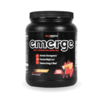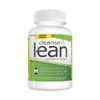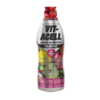Emily Creighton, 42, of Roanoke, Virginia, felt terrified as she awaited the results of her skin biopsy. On a routine physical, her doctor had noticed a suspicious looking mole on her lower back. He performed a punch biopsy and told her that the results would be available in several days. “It was the longest three days of my life,” remembers Emily, whose aunt had developed malignant melanoma, a deadly skin cancer, when she was about the same age. “All I could think of was every sunburn I’d ever had, the one time I used a tanning bed.”
Fortunately, Emily’s test results came back negative. But for some 1,638,910 Americans – the number of new cases of cancer expected by the American Cancer Society to occur in 2012 – the news will not be as good.
What, if anything, can we do to prevent cancer? And how do we make sense of all the ominous health news that seemingly suggests a new cause of cancer each day?
Knowing the major risk factors that may lead to cancer is the first step, says Lorna Haughton McNeill, PhD, MPH, an assistant professor who works in several areas, including cancer prevention and population sciences at the MD Anderson Cancer Center in Houston, Texas. We don’t need to get all worked up and make major lifestyle changes every time a new study comes out, she explains, because these studies need to be replicated through many years of research. “It’s best to learn cancer risk factors and prevention tips from a reputable organization like the American Cancer Society or the National Cancer Institute,” she suggests. “It’s their job to compile information from research studies and come up with recommendations for cancer prevention.”
According to Dr. McNeill and several other doctors who work in the area of cancer prevention here are some cancer risk factors and what you can do to minimize them:
GROWING OLDER
About 77 percent of all cancers are diagnosed in persons older than age 55, a time when we have more “genetic breaks” in our cells – changes that may lead to cancer. These breaks, or abnormal cellular development, says Rene Rothstein Rubin, director of multidisciplinary service at Hahnemann University Hospital in Pennsylvania, are caused in part by an accumulation of environmental toxins over your lifetime, which interact with your own genetic code for cellular functioning.
What you can do: Of course, you can’t stop the sands of time. But you can avoid environmental toxins as much as possible by avoiding pesticides, fertilizers and hormones in the foods you eat as well as in cleaning and lawn products, personal hygiene products, and water bottles, food storage containers and the like. Opt for produce grown without chemicals, meats and milk products sans hormones, and BPA-free plastic products. Look for natural ingredient shampoo, deodorant, makeup and feminine hygiene products.
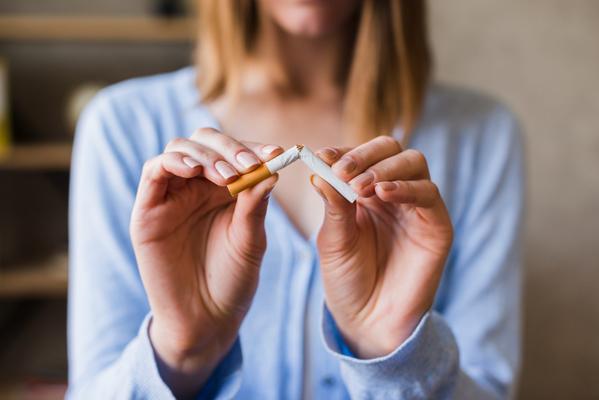
CIGARETTE SMOKING
“A full 30 percent of cancer deaths are attributed to cigarette smoking or exposure to secondhand smoke,” says Dr. McNeill. “These deaths could be prevented.”
What you can do: Stop smoking if you do smoke, and if you don’t smoke, don’t start. Also try to avoid places where people are smoking. For tips on smoking cessation as well as information on how to talk to your kids about smoking, log on to the American Lung Association website at Lung.org.
SUN EXPOSURE
A history of excess sun exposure, and in particular sunburn, has been proven to cause premature skin aging as well as skin cancers, including malignant melanoma. But sun exposure also has benefits: your skin manufactures vitamin D in response to ultraviolet light, a vitamin that research has shown helps to prevent cancers such as prostate, colon and breast cancer.
What you can do: While many dermatologists, as well as cancer groups such as the Skin Cancer Foundation, believe that you should always protect your skin from the sun with protective clothing or sunscreen, some physicians, including Jacob Teitelbaum, MD, author of Real Cause, Real Cure, advocate 10 to 15 minutes of unprotected sun exposure several times a week. “It’s not just sun exposure that causes cancer, but sun exposure sufficient to cause sunburn,” says Dr. Teitelbaum. “The sun, with its ability to help manufacture vitamin D, is a wonderful thing.”
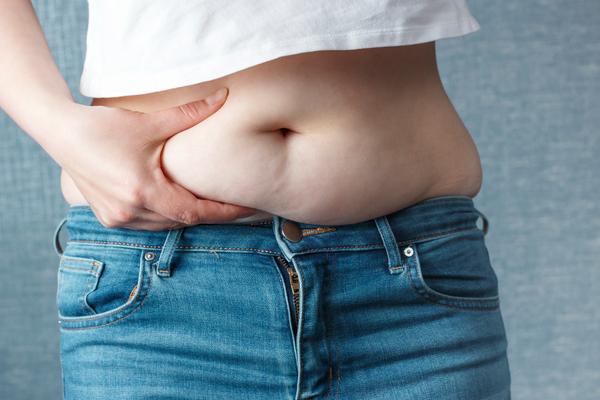
BEING OVERWEIGHT, POOR NUTRITION, AND PHYSICAL INACTIVITY
The American Cancer Society says that evidence suggests a full one-third of the 577,190 cancer deaths expected to occur in 2012 will be related to overweight and obesity, physical inactivity, and poor nutrition – all of these preventable deaths.
What you can do: A good whole foods diet with lots of fruits and veggies, limited saturated fat (aim for good fats like olive oil and the omega 3 fatty acids found in fatty fish), and limited meats (especially red meats) will go a long way toward cancer prevention, according to Dr. Teitelbaum. “It’s just good common sense,” he says. Limit your alcohol intake too (evidence suggests that even one glass of wine per day can up your risk for breast cancer), and schedule at least 30 to 60 minutes of exercise 3 to 5 days of the week.
So, if you do everything right, will this prevent you from getting cancer? Of course not, says Dr. Rubin. “Just because you do everything right, it’s not a guarantee. But everything we do, every lifestyle change we make to be healthy, has a cumulative preventive effect.”
STRONG FAMILY HISTORY OF CANCER
Almost everyone has a close family member who develops cancer. This doesn’t usually mean that you will, too. But in about 5 percent of all cancers, the disease is caused by an abnormal gene that is being passed from generation to generation, which often mutates and leads to cancer growth. Some examples are the BRCA1 and BRCA2 genes that can cause breast or ovarian cancers, and the gene that causes hereditary nonpolyposis colorectal cancer.
What you can do: If you have a family history of cancer, particularly breast, ovarian and colon cancers that occur early in life and across generations, ask your doctor about early screening or testing. An early colonoscopy (prior to age 50) can detect precancerous growths. And blood testing for BRCA1 and BRCA2 genes can help your doctor and you to come up with a plan to help prevent breast or ovarian cancers, or at least detect them at a very early stage, when they are most treatable.
YOUR IMMUNE SYSTEM AND CANCER
Your body has more than a hundred trillion cells, many of them continually undergoing cellular division to replace aging and dead cells. For each successful cell division, the entire genetic material of the cell must be “copied.” And just as your copy machine occasionally breaks down, your body’s copy system makes errors. These errors can lead to mutations within the gene; once this change has taken place, there’s the potential for the cell to morph into a cancer cell.
Fortunately, a healthy immune system can recognize cancer cells and mobilize to fight them. “A healthy immune system is critical for preventing cancer,” says Jacob Teitelbaum, MD, author of Real Cause, Real Cure. Dr. Teitelbaum’s tips for good immune system functioning?
- A good whole foods diet, with special attention to plant-based foods. Cruciferous veggies, like cabbage, broccoli, kale and chard, are especially helpful in keeping your immune system healthy.
- A good night’s sleep is often overlooked in our modern society, says Dr. Teitelbaum. Many years ago, our ancestors got an average of nine hours sleep a night! If you can’t seem to find time in your busy schedule for at least 7-8 hours of sleep a night, he advises, “Look for one hour of things you do on a daily basis that give you the least pleasure, like watching depressing news shows. Then stop doing them. Use that one hour to get some extra sleep.”
- Physical activity – Some research suggests that those who exercise have a healthier immune system than those less active. But other research says that too much exercise (high intensity or prolonged) may actually depress the immune system. While these theories are being investigated with further research, it can’t hurt to get a moderate amount of exercise (about 30 to 60 minutes) at least 3-5 times a week. At the very least it will help to prevent becoming overweight, which has been linked to certain cancers.
By Linda Hepler, BSN, RN











